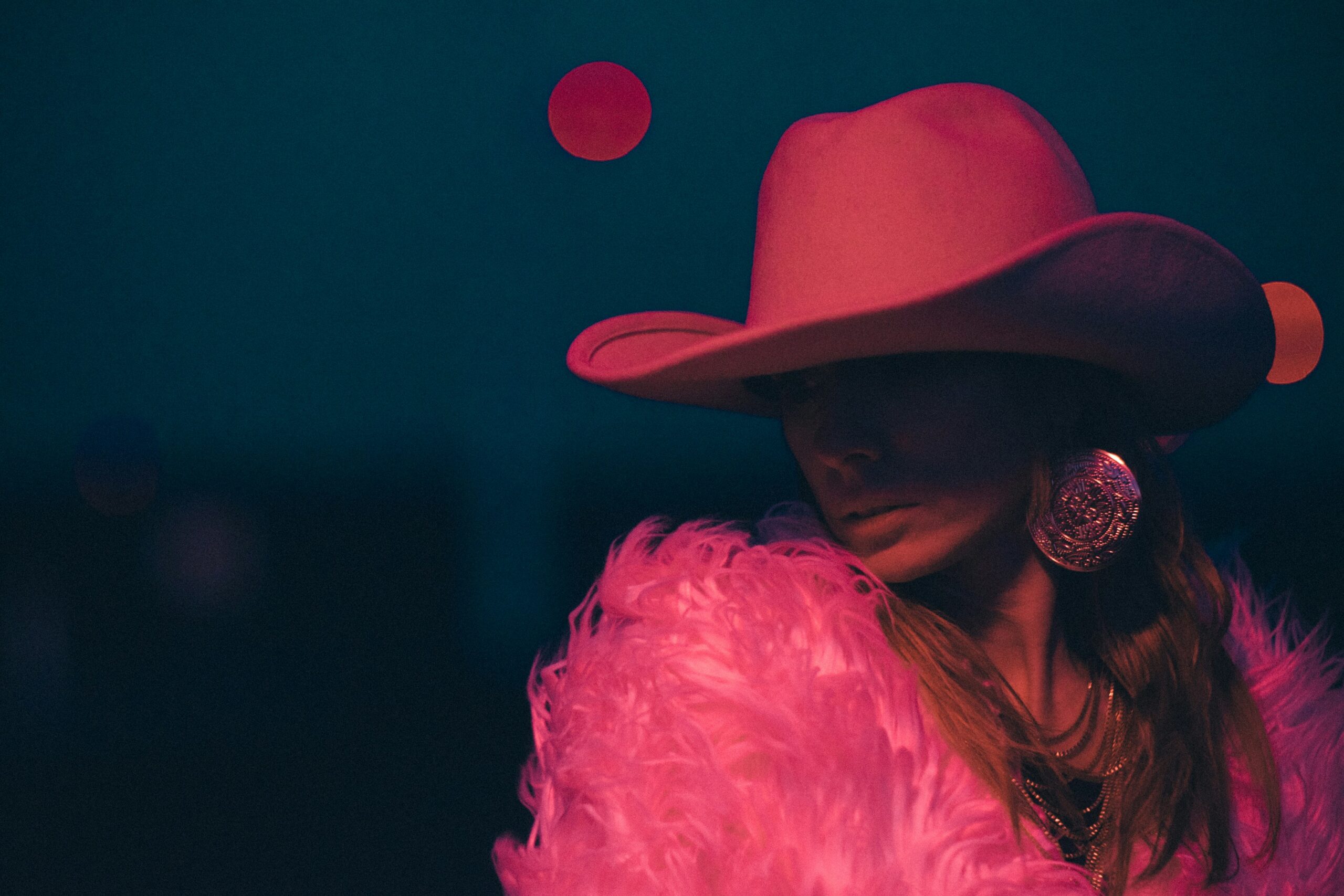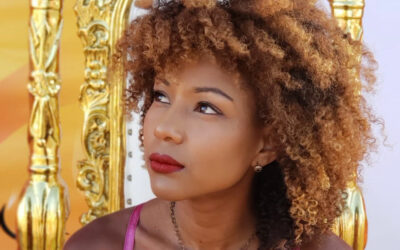I recall being glued to the screen watching Luke Combs perform ‘Fast Car’ with Tracy Chapman at the 2024 Grammys. The audience gasped and applauded when Tracy Chapman who is known to be a private person appeared on stage. They performed Chapman’s song ‘Fast Car’ the country version covered by Luke Combs which reached the top spot on the Billboard charts more than twenty years after Chapman’s release. The performance felt nostalgic, heartfelt and sincere. It was fascinating seeing a song reintroduced more than twenty years later to a new generation of listeners. I began wondering with the range of country performances, album releases, and references in songs: Is country music making a comeback? I believe this renewed popularity can be attributed to its crossover appeal, nostalgic charm, and the effective use of digital platforms and social media.
One of the most significant factors in country music’s comeback is its ability to cross over into mainstream pop and other genres. Artists like Kacey Musgraves and Maren Morris have successfully blended country with pop, creating hits that resonate with a wider audience. For example, Musgraves’ album “Golden Hour” won the Grammy for Album of the Year in 2019, a testament to its broad appeal and genre-blending sound. Similarly, Maren Morris has collaborated with artists from different genres, further expanding the reach of country music. The viral success of Lil Nas X’s “Old Town Road,” featuring Billy Ray Cyrus, showcases this trend. The song’s fusion of country and hip-hop elements broke barriers, topping charts globally and attracting listeners who might not typically gravitate towards country music. In 2024, Beyoncé released her studio album ‘Cowboy Carter’ alongside her cover of the iconic ‘Jolene’ track venturing into the world of country and introducing her fan base who is traditionally into R&B and pop to the country genre. These crossover successes attracted a younger, more diverse audience to the genre, ensuring its growth and evolution.
For a considerable stretch, my mental image of country music has been largely dominated by white men in cowboy hats and boots, strumming guitars. It’s fascinating because the roots of this genre trace back to African American musicians. Despite their pivotal role in shaping country music, black artists historically faced significant barriers to gaining recognition and opportunities from record labels. Often, they were pigeonholed into R&B or hip-hop categories rather than being embraced as country singers. This trend led to an increasingly homogeneous landscape in the genre. However, the tides are shifting. Figures like Lil Nas X and Beyoncé have boldly ventured into the country music scene, breaking barriers and achieving notable success. Their presence and achievements are pivotal in diversifying the voices and narratives within the genre, challenging its exclusivity and expanding its horizons.
Emerging artists like Mickey Guyton and Kane Brown are breaking down traditional barriers and bringing fresh perspectives to country music. Guyton, one of the few Black women in country music, has gained recognition for her powerful voice and songs that address both personal and social issues, such as her poignant single “Black Like Me.” Similarly, Kane Brown, who is biracial, blends country with R&B influences, attracting a diverse fan base and challenging the genre’s historical lack of racial diversity. Beyoncé’s new album, which incorporates country influences, further highlights the genre’s evolving landscape and its appeal across different musical spheres. These artists, among others, are expanding the narrative of what country music can be, making it more inclusive and representative of a broader range of experiences. This shift is attracting new fans who see themselves reflected in the music and stories being told.
Moreover, the significance of digital platforms and social media in the resurgence of country music cannot be overstated. Streaming services such as Spotify and Apple Music have democratised music access, enabling country artists to connect with global audiences without conventional gatekeepers. Through curated playlists and algorithmic recommendations, these platforms have introduced country music to new listeners, broadening their fan base considerably. Additionally, social media platforms, particularly TikTok, have played a pivotal role. Viral challenges and user-generated content featuring country songs have catapulted tracks to fame virtually overnight. For instance, Walker Hayes’ “Fancy Like” gained widespread attention on TikTok, subsequently receiving airplay on mainstream radio and achieving commercial success. Beyond promotional purposes, artists utilise these platforms to directly engage with fans, building a sense of community and intimacy within the genre.
As we wrap up, it’s clear that country music’s resurgence isn’t just a trend; it’s a testament to the genre’s enduring power and adaptability. From its roots in tradition to its embrace of modernity, country music continues to captivate audiences worldwide. But what lies ahead for this genre? Can you envision a future where its influence reaches even greater heights, breaking down barriers and inspiring generations to come? In terms of diversity we still have progress to make, however, seeing the genre evolve over the years I believe we are on the right track.




